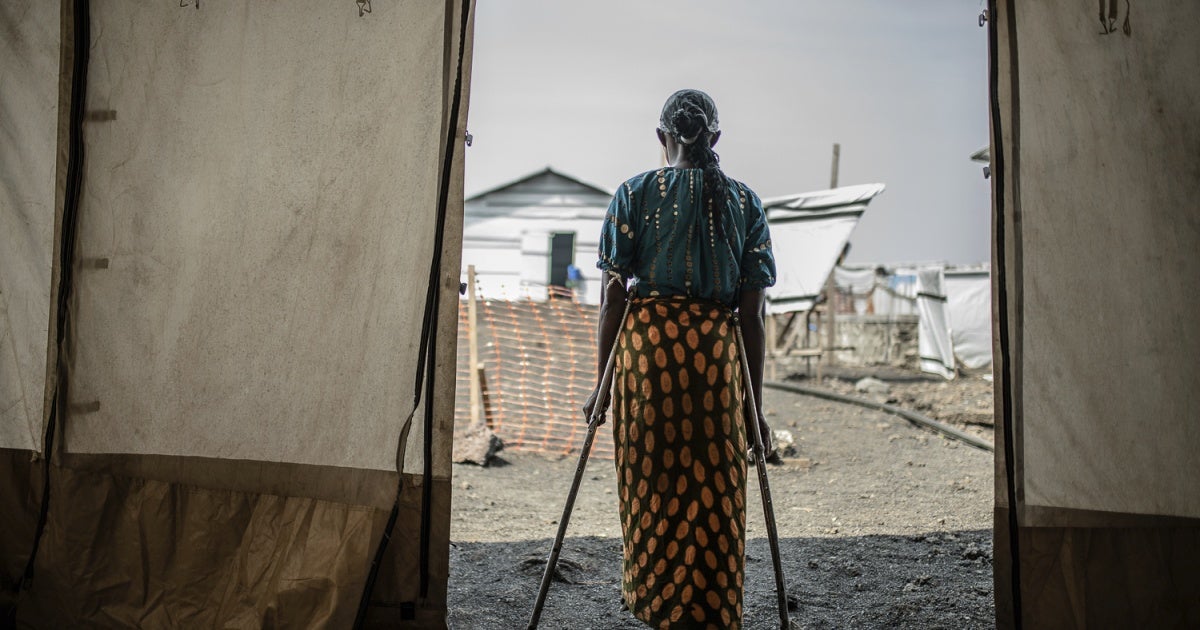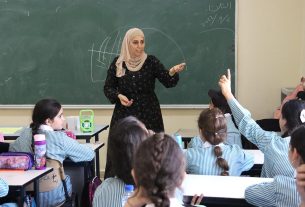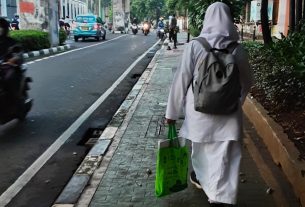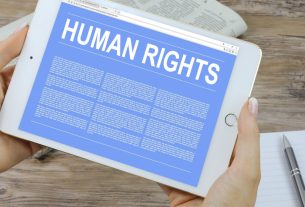On October 11, the United Nations Human Rights Council extended the mandate of its team of international experts on the Democratic Republic of Congo for another year. This was crucial, given the country’s deepening human rights and humanitarian crises, and an intensifying government crackdown on opposition party members, journalists, activists, and other critics of the government.
The resolution, adopted by consensus, also requests that the UN Human Rights Office conduct human rights monitoring and reporting, and assist the Congolese authorities to advance accountability for grave abuses, including conflict-related sexual violence.
In their report to the Human Rights Council on October 8, the UN team of experts noted the lack of progress on accountability and access to justice for victims of the armed conflict in the country’s east, and how the withdrawal of MONUSCO – the UN peacekeeping mission – from South Kivu province, has “created a security vacuum in certain areas and increased the vulnerability of the civilian population.” The team of experts urged the government to deliver justice and reparations for victims and carry out adequate security sector vetting and reforms. The UN High Commissioner for Human Rights echoed these concerns.
Human Rights Watch recently reported that the Rwandan army and the Rwanda-backed M23 armed group indiscriminately shelled displacement camps and other densely populated areas near Goma throughout 2024; and that the Congolese military and allied militias increased risk to displaced people by deploying artillery near the camps. Congolese soldiers and allied fighters committed murders, rapes and gang rapes, and arbitrary detention of displaced people. Both sides have interfered with vital aid delivery.
More concerted efforts are needed to prevent these abuses and promote accountability. Last month, the UN special representative on sexual violence in conflict noted a recent “resurgence of some of the most horrifying patterns of sexual violence” in eastern Congo, saying that “it is imperative for the international community to act now in support of … survivors.”
The Congolese authorities should investigate and appropriately prosecute those responsible for grave crimes, provide timely and comprehensive health services to survivors of sexual and gender-based violence, and take measures to protect civilians and prevent their recurrence of such crimes. All parties should facilitate access to aid and independent reporting on the situation.
In the absence of demonstrable progress to fill the persistent accountability gap in the Congo’s current crisis, the UN should be prepared to strengthen its approach to addressing impunity for grave abuses.



